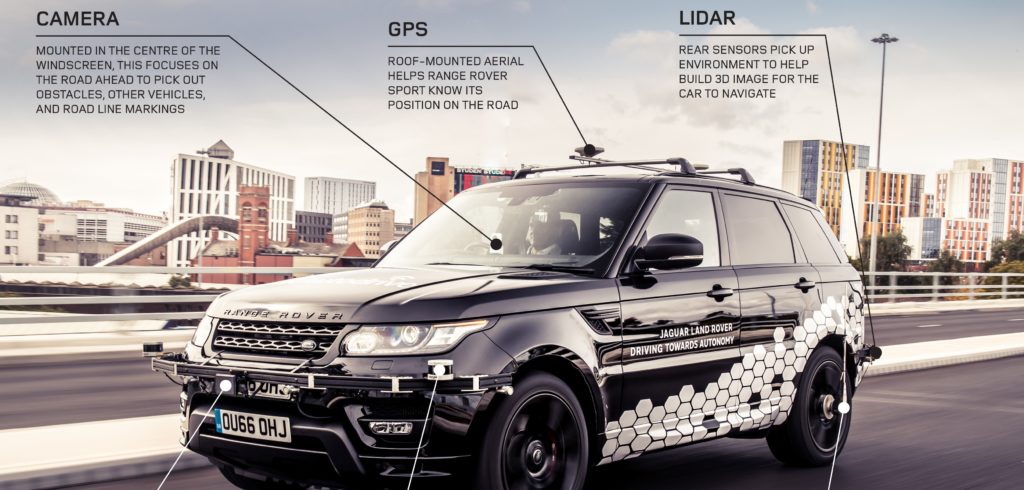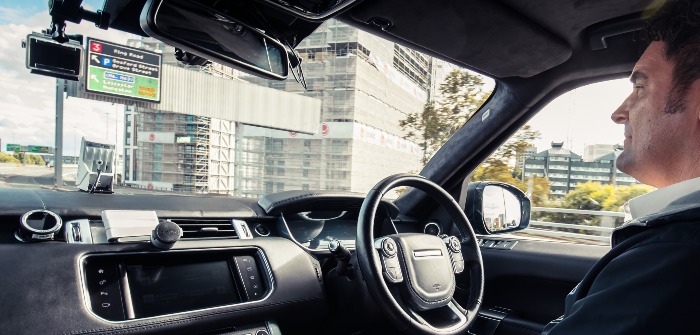Jaguar Land Rover has taken a major step toward its promise of delivering fully autonomous vehicles within 10 years after a self-driving Range Rover successfully navigated a complex public road route in the UK.
The prototype Range Rover Sport, which had been modified to include additional navigation sensors as well as radar and lidar, took to the challenging Coventry Ring Road, which is known for its difficult conditions. The vehicle was able to drive with traffic, change lanes, and handle junctions and exits at the speed limit of 40mph without the need for human intervention.

The trial is part of UK Autodrive – a £20m (US$26.3m) government-funded project that had been running for the past three years and concludes later this month. Much of its research has been conducted on closed roads at its research facility in Coventry, but this first trial on the Ring Road demonstrated its ability to cope with what is considered the most challenging aspects of autonomy.
“The Coventry Ring Road is known for its complicated slip roads and exits. It makes for very challenging conditions, especially when under pressure in the rush hour,” said Mark Cund, Jaguar Land Rover autonomous vehicle research manager.
“Our self-driving car is not impacted by the same pressure, frustrations or fatigue that a driver may experience and so it’s capable of turning a potentially very stressful situation into a completely stress-free one.”
In addition to this, the project has resulted in JLR engineers developing connected car technology that enables the car to communicate with other vehicles and infrastructure. The Range Rover has the ability to autonomously handle road situations such as roundabouts, traffic lights, cyclists, and park itself.


